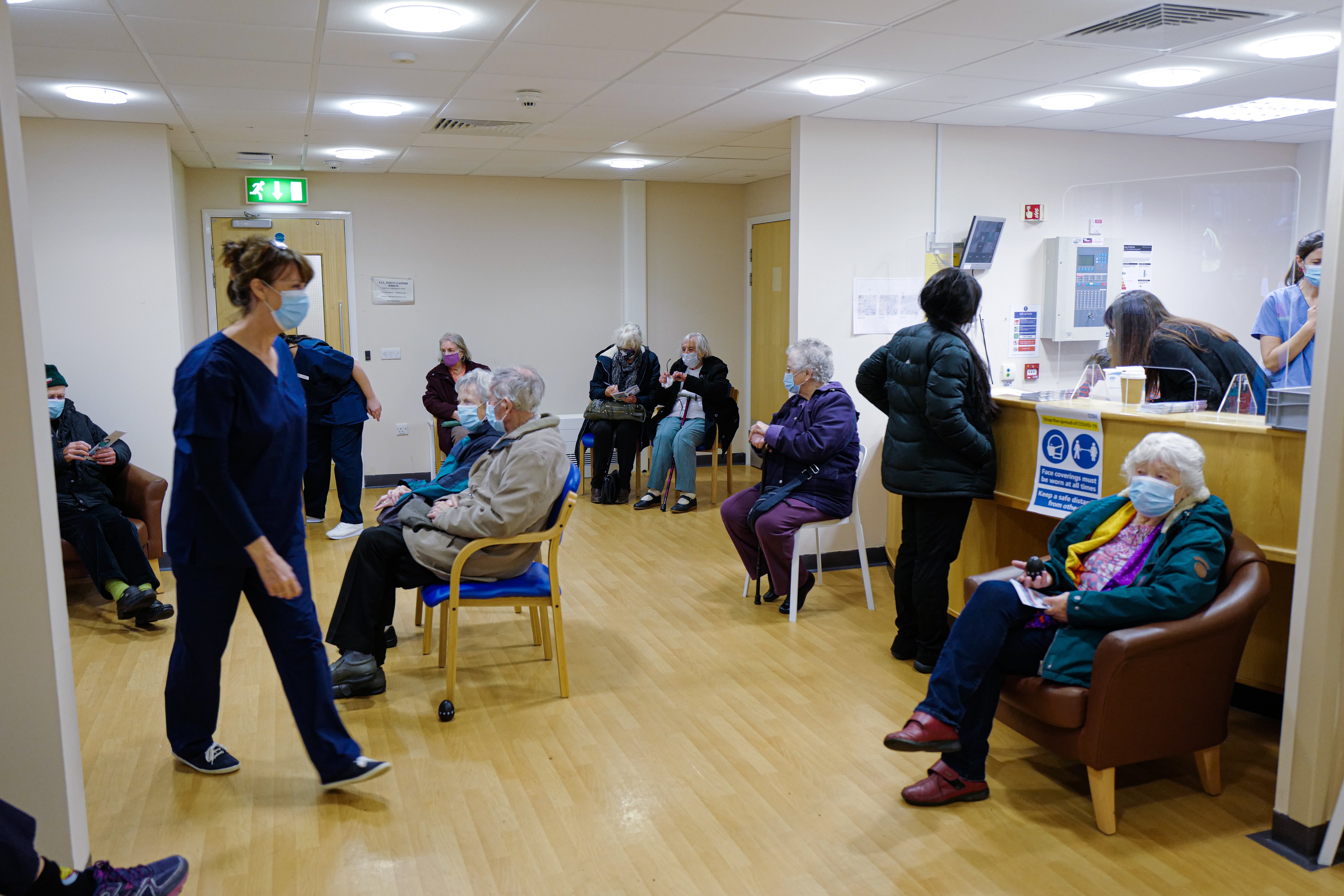Confidence in the NHS is at its lowest since 1997 – where’s the urgency for change?
The survey results should not be used as yet another stick to beat hard-working family doctors with. Instead, they should be a wakeup call, proof of the urgent need for action, writes Martin Marshall


Public satisfaction with the NHS is at its lowest since 1997, with just 36 per cent of voters happy with the performance of our health service, according to The King’s Fund and Nuffield Trust research in their annual British Social Attitudes survey.
The health service was already buckling under staffing and resource pressures, but the pandemic only served to exacerbate the issue – and general practice is feeling this as acutely as any other part of the health service.
It must not be considered a simple blip caused by the Covid-19 pandemic, though. These results should raise an alarm for politicians and policymakers that there are long-term, fundamental concerns that aren’t going to conveniently go away: it isn’t a storm to weather.
Neither should the survey results be used as yet another stick to beat hard-working family doctors with. Instead, they should be a wakeup call, proof of the urgent need for action to boost the general practice workforce so that there are enough GPs and other members of the practice team members to deliver safe, timely and appropriate care to all patients.
GPs and our teams worked extraordinarily hard throughout the pandemic and continue to do so. An unprecedented 36million appointments were made in 2021. We had a leading role in multiple, complex, mass vaccination programmes, each one protecting patients and offering a route out of lockdowns.
In the last six months, the number of appointments delivered in general practice every month has exceeded pre-pandemic levels, with 25million delivered in February alone, according to figures released last Thursday.
The report wasn’t all bad news, however. It is reassuring that quality of care, the range of services offered, and attitudes and behaviours of staff are highlighted as reasons for patients being satisfied with NHS care.
GPs share our patients’ concerns about the difficulties they face in accessing appointments. Ultimately, we want the same thing: good, safe, personalised, and appropriate access to GP services. But in order to be able to deliver this, the “undoable” workload in general practice, which is leading to GPs burning out and leaving the profession earlier than planned, must be addressed.
The government needs to pull out all the stops to deliver on its 2019 election manifesto promise of 6,000 more GPs and 26,000 more members of the wider practice team by 2024.
On 30 March, MPs had the opportunity to show that they understood the staffing challenge that the NHS is facing and take action to help, but they chose to vote against a Lords amendment to the Health and Care Bill, which would have made it a legal duty for the government to publish projections of NHS workforce gaps every two years. This, in turn, would have held the government to account for training enough doctors, nurses, midwives and others to provide the care patients need.
To keep up to speed with all the latest opinions and comment, sign up to our free weekly Voices Dispatches newsletter by clicking here
General practice genuinely is the bedrock on which the rest of the NHS sits, but escalating patient numbers, growing complexity of care, and falling GP numbers mean the future of the profession – and the patient care it delivers – is uncertain.
GPs and our teams make the vast majority of patient contacts in the NHS, in turn alleviating pressures right across the health service, keeping it sustainable – but we need people in order to be able to safely do this.
There is a huge disparity in the GP-to-patient ratio across the country, and it is not a mere post-pandemic blip. Left unaddressed, this problem – which has a clear solution – is only going to get worse.
Professor Martin Marshall is chair of the Royal College of General Practitioners and a GP in Newham, East London.






Join our commenting forum
Join thought-provoking conversations, follow other Independent readers and see their replies
Comments